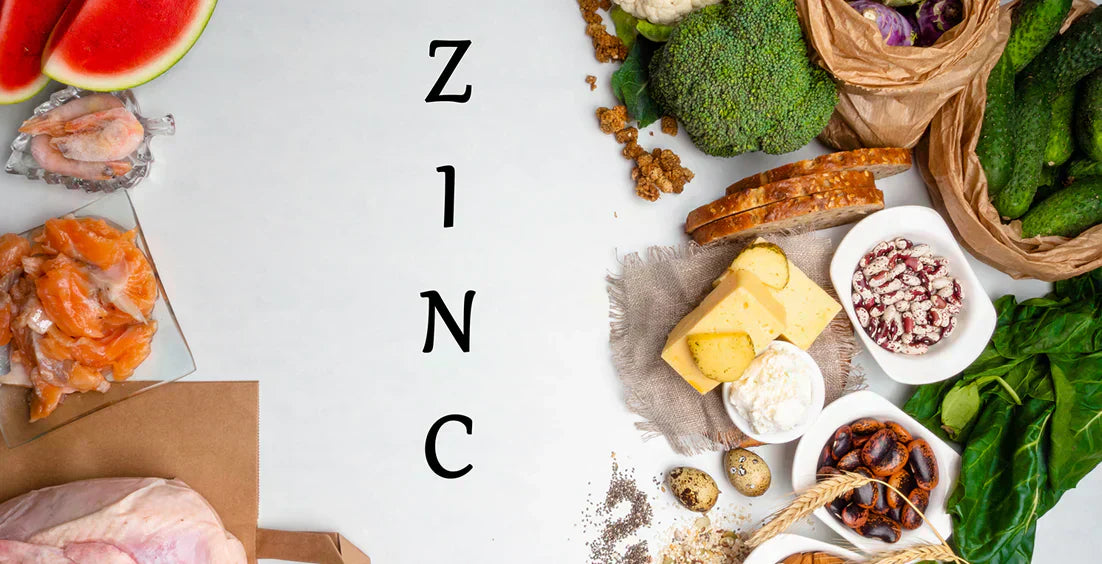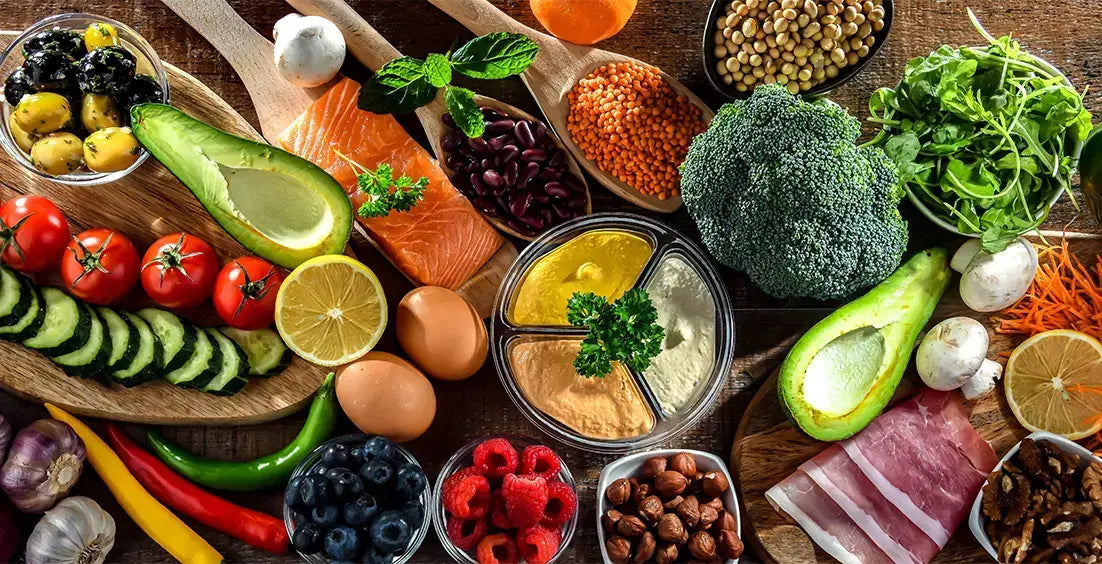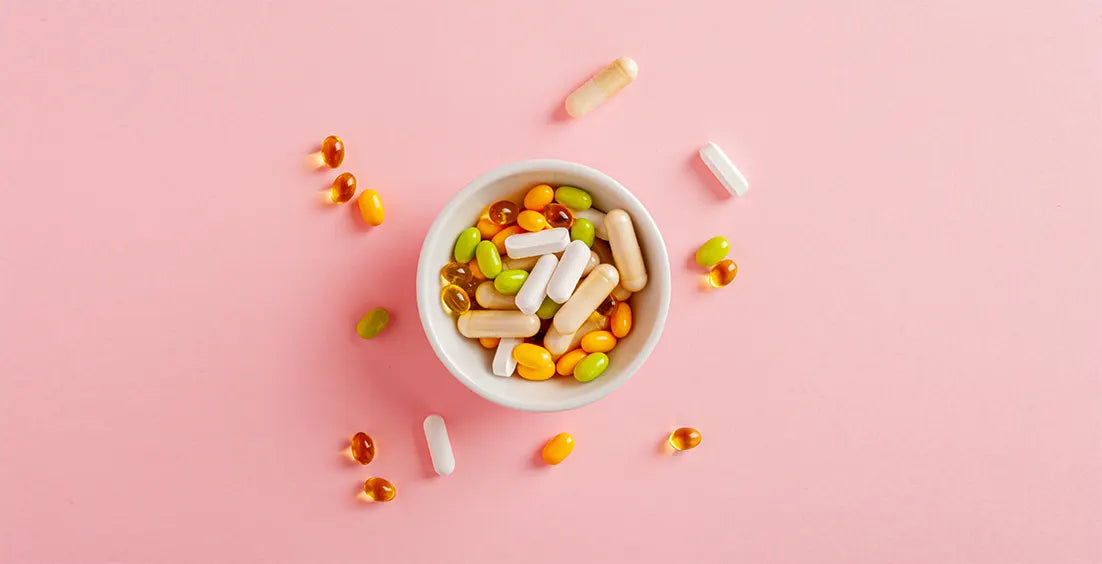What Foods Are High in Zinc? Best Animal and Plant Sources
Want to know what foods are high in zinc? In this article, we reveal the top zinc-rich foods you should add to your diet today. Check it out now!

Popular Stories
- Best Liquid B12 Supplement: Find out its Dosage & Health Benefits
- Best BCAA Supplements for Fat Loss and Muscle Retention
- Best Maca Root Supplement For Men’s Health, Hormones, & Well-Being
- Best Acai Berry Supplements: The Ultimate Buying Guide
- Spirulina Benefits for Women: Superfood for Skin & Hormones
- Best Foods for Weight Loss: Healthy Meal Options to Try
References
- Zinc and immunity: An essential interrelation - https://pubmed.ncbi.nlm.nih.gov/27021581/
- The role of zinc in growth and cell proliferation - https://pubmed.ncbi.nlm.nih.gov/10801966/
- Zinc deficiency, DNA damage and cancer risk - https://www.sciencedirect.com/science/article/pii/S0955286304001408
- Zinc Inhibits Protein Synthesis in Neurons - https://www.jbc.org/article/S0021-9258(19)51575-7/fulltext
- The Role of Zinc in Selected Female Reproductive System Disorders - https://www.ncbi.nlm.nih.gov/pmc/articles/PMC7468694/
- Zinc and its importance for human health: An integrative review - https://www.ncbi.nlm.nih.gov/pmc/articles/PMC3724376/
- Sources of Zinc - https://ods.od.nih.gov/factsheets/Zinc-HealthProfessional/#h3
- Reduction of phytic acid and enhancement of bioavailable micronutrients in food grains https://pubmed.ncbi.nlm.nih.gov/25694676/
- Dietary Factors Influencing Zinc Absorption https://www.sciencedirect.com/science/article/pii/S0022316622140927?via%3Dihub/
- Zinc https://www.eatforhealth.gov.au/nutrient-reference-values/nutrients/zinc
- Adaptation in human zinc absorption as influenced by dietary zinc and bioavailability - https://www.sciencedirect.com/science/article/pii/S0002916523236291
- The effect of dietary zinc on intestinal copper absorption - https://pubmed.ncbi.nlm.nih.gov/7282591/


 Skin Detoxification Bundle
Skin Detoxification Bundle Complete Weight Loss Bundle
Complete Weight Loss Bundle Heart Care Bundle
Heart Care Bundle Better Immunity Bundle
Better Immunity Bundle  Men's Immunity & Prostate Health Bundle
Men's Immunity & Prostate Health Bundle Stress + Energy + Wellness Combo
Stress + Energy + Wellness Combo  Energy Booster Combo
Energy Booster Combo Natural Skin Care Bundle
Natural Skin Care Bundle Workout Supplements Combo
Workout Supplements Combo Cognitive Health & Vision Combo
Cognitive Health & Vision Combo Joint Health Support Combo
Joint Health Support Combo





































